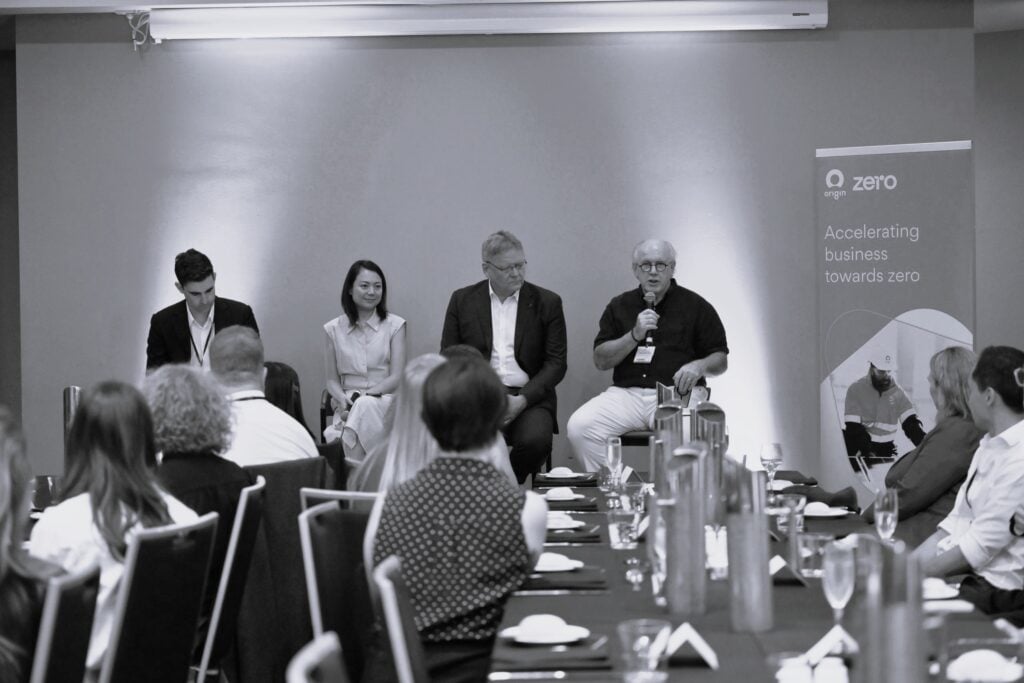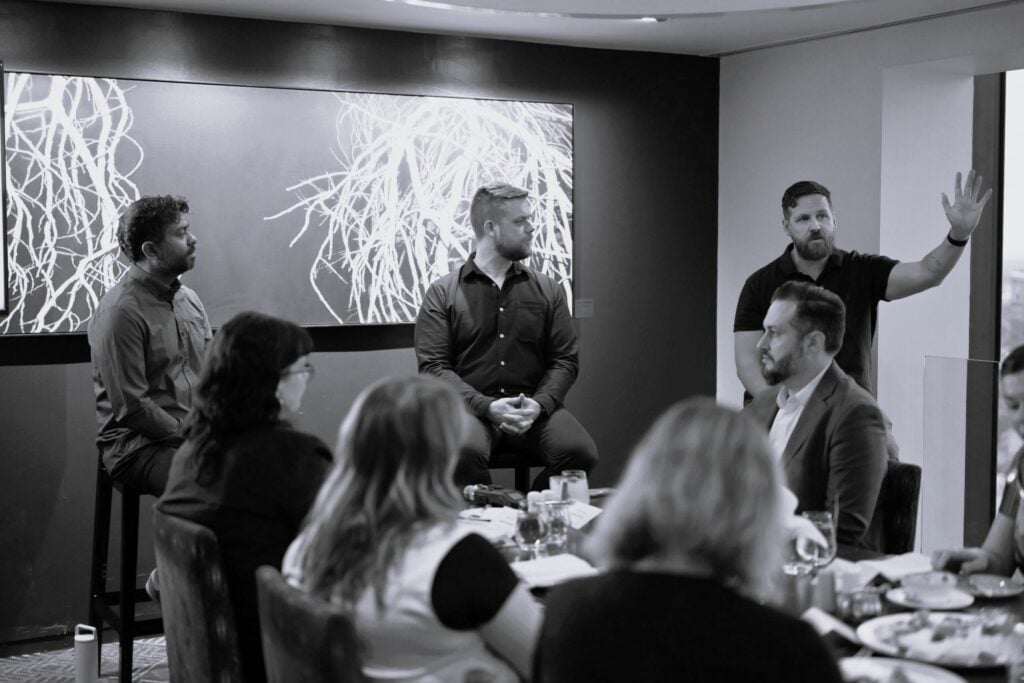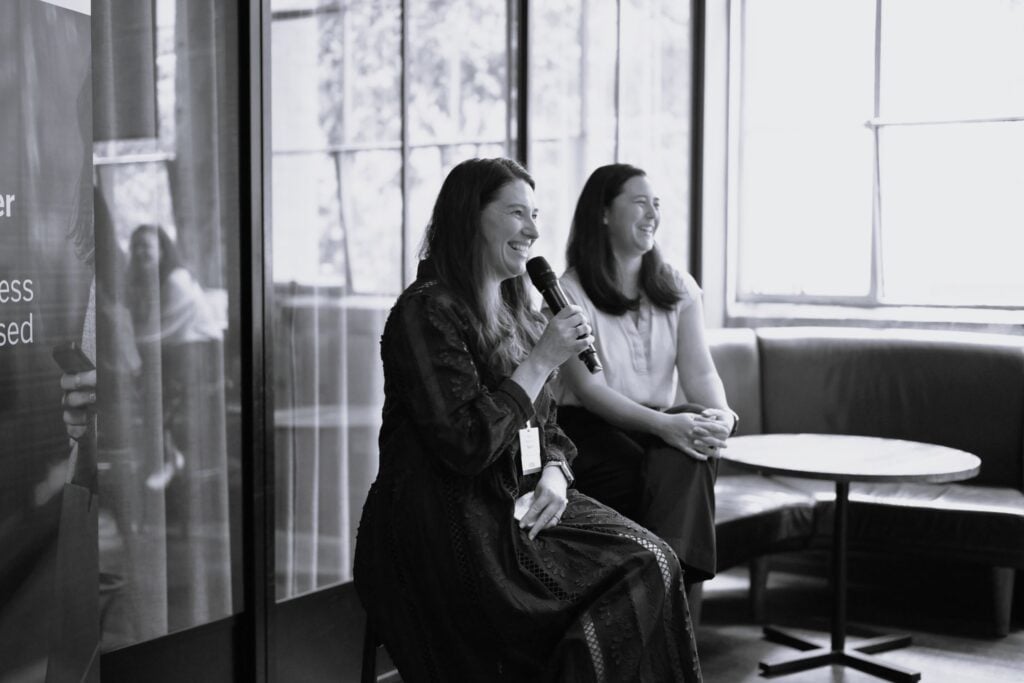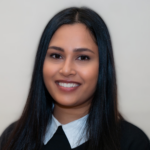AMPLIFYING DIVERSE VOICES THROUGHOUT THE SPORTS INDUSTRY
Our international keynote, Jarvis Sam, Fmr Chief Diversity, Equity and Inclusion Officer took the time to answer a couple of questions we had on amplifying diverse voices throughout the sports industry.
“We recognized that it was not enough to simply increase representation. We also needed to address the underlying culture and systems that perpetuate inequality in the sports industry,” – Jarvis Sam.
Read the fill interview here.

Sport has a long history of having a deep male foothold. How long has it taken to see this narrative meaningfully start to change?
One major area of progress has been in the representation of women in sports media. According to a study by the Tucker Center for Research on Girls and Women in Sport at the University of Minnesota, women’s sports coverage on major networks increased from 2% in 2015 to 4% in 2019. While this may seem like a small increase, it represents a doubling of women’s sports coverage in just four years.
Another area of progress has been in the fight against sexual harassment and assault in sports. The #MeToo movement, which began in 2017, has brought to light numerous instances of sexual abuse and harassment in sports, leading to increased awareness and calls for accountability. According to a survey by the National Women’s Law Center, nearly 30% of female athletes in the United States have experienced sexual harassment or abuse from a coach or teammate.
However, despite these positive developments, there is still much work to be done. Women’s sports continue to receive less funding and attention than men’s sports, and women continue to be underrepresented in coaching and leadership positions. In addition, the culture of sports remains largely male-dominated and often hostile to women and non-binary individuals.
Overall, it has taken decades of advocacy and activism to see meaningful change in the narrative about the male foothold and boys club culture of sports. While progress has been made, there is still a long way to go to achieve true equality in the world of sports.


During your time at Nike, how did you approach the challenges of shifting this culture mentality?
Early in my time in the industry, I recognized the significant impact that male-dominated perspectives and discourse has had on the sports industry. To combat this, I focused on amplifying the voices of women, trans, and non-binary communities by increasing their representation in sports and offering specific platforms that highlighted their stories and experiences at all times.
We launched several initiatives aimed at creating more opportunities for these groups, including sponsorship programs, talent identification programs like the W.I.N. program built in partnership with the WNBA, and increased funding for women’s sports. We also worked to address systemic barriers that have historically prevented women, girls and other marginalized communities from participating in sports, such as inequitable pay and lack of access to resources, training, and effective coaching.
In addition, we placed a strong emphasis on representation in our marketing and advertising campaigns. We featured female athletes prominently in our campaigns, and partnered with organizations that promote gender equity and women’s empowerment.
At the same time, we recognized that it was not enough to simply increase representation. We also needed to address the underlying culture and systems that perpetuate inequality in the sports industry. To that end, we worked to raise awareness about issues like harassment and discrimination, and implemented training programs aimed at promoting inclusion and allyship.
By focusing on amplifying the voices of underrepresented communities and increasing their representation in sports, we were able to make significant progress towards a more equitable and inclusive industry. While there is still much work to be done, I am proud of the strides we have made towards creating a more diverse and inclusive sports world.


The business case for DEI is a challenge plaguing leaders across the world. How did you and your team successfully raise the internal profile of diversity and inclusion at Nike?
As the Chief DEI Officer at Nike, I am proud to have played a critical role in raising the internal profile of diversity and inclusion within the company. Our approach to driving progress centered around advocating for systemic solutions rooted in representation, education, development, and community.
To begin with, we focused on increasing representation across all levels of the organization. This involved setting ambitious goals for diverse hiring, promotion, and retention, and creating a pipeline of diverse talent through targeted recruitment efforts.
In addition to representation, we emphasized the importance of education and development in building a more inclusive workplace culture. This meant providing employees with training on unconscious bias, cultural competency, and inclusive leadership, as well as investing in career development programs that supported underrepresented talent.
Transparency, visibility, and accountability were also essential components of our strategy. We regularly communicated progress on DEI initiatives to all employees and stakeholders, and held leaders accountable for driving progress in their respective areas.
Finally, we recognized the critical role that developing new programs played in accelerating the flow of underrepresented talent through the organization. We created mentorship and sponsorship programs, increased investment and visibility to employee resource groups, and community partnerships to support diverse employees and foster a sense of belonging.
Overall, our DEI strategy was successful in driving progress and creating a more inclusive workplace culture at Nike. However, we know that there is still much work to be done, and we will continue to measure and monitor results to drive progress and ensure that diversity, equity, and inclusion remain at the forefront of our organization’s values and priorities.
Nike has played an influential role in driving diversity in the design space. What other spaces do you see as being strong catalysts for diversity and inclusion as we move through to the next decade?
STEM fields, including technology, engineering, and mathematics, are prime spaces for promoting diversity and inclusion in the coming decade. These fields have traditionally been dominated by a narrow subset of the population, but efforts are being made to change that. The tech industry, in particular, has come under scrutiny for its lack of diversity, and many companies are taking steps to increase representation.
One way to promote diversity and inclusion in STEM fields is by creating product spaces that are designed with a diverse audience in mind. This means taking into account the needs and preferences of people from different backgrounds, including race, ethnicity, gender, and socioeconomic status. By designing products that are inclusive and accessible to everyone, companies can attract a more diverse group of employees and customers.
In addition to product spaces, mentorship programs and outreach initiatives can also help promote diversity in STEM fields. By providing support and resources to underrepresented groups, we can encourage more people to pursue careers in these fields and help them succeed once they get there.
Overall, the key to promoting diversity and inclusion in STEM fields is to be intentional and proactive. By recognizing the importance of diversity and taking action to promote it, we can create a more equitable and inclusive future for everyone.
Related Articles

DECARBONISATION IN ACTION: KEY INSIGHTS FOR BUSINESS LEADERS
Decarbonisation in Action: Key Insights for Business Leaders Origin Insight Report Introduction The business case for decarbonisation has never been stronger, yet many businesses still struggle with transforming their sustainability strategies into tangible action. As organisations across industries grapple with this transformation, three critical hurdles dominate: justifying investments financially, overcoming

ALWAYS ONE STEP AHEAD: HOW RETAIL LEADERS MOVE FASTER, SCALE SMARTER, AND DELIVER BETTER EXPERIENCES
Always One Step Ahead: How Retail Leaders Move Faster, Scale Smarter, and Deliver Better Experiences Contentful Insight Report Introduction In today’s rapidly evolving retail landscape, speed and agility have become the ultimate competitive differentiators. While consumers continue to demand increasingly personalised experiences, many retailers have found themselves grappling with outdated

RETAIL REIMAGINED: DRIVING SIMPLICITY, INNOVATION & GROWTH
Retail Reimagined: Driving Simplicity, Innovation & Growth SAP Insight Report Introduction The retail sector is undergoing a seismic shift, with evolving customer expectations and market pressures forcing leaders to rethink their business strategies. Future competitiveness hinges not just on agility, but on cultivating a culture of continuous innovation. The question











